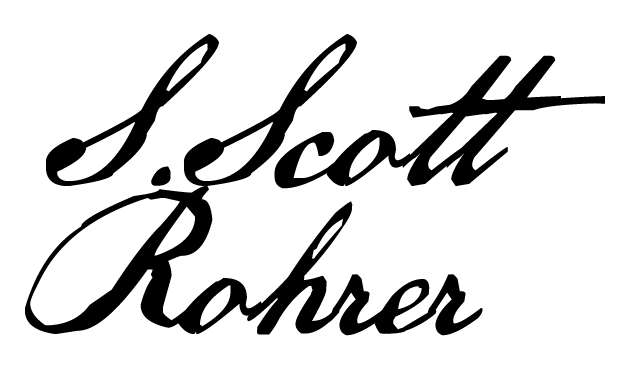Jacob Green’s Revolution: Radical Religion and Reform in a Revolutionary Age
Penn State University Press, 2014
As part biography and part microhistory, Jacob Green’s Revolution tells a fascinating story about revolution, politics, religion, and reform by focusing on two pivotal figures in New Jersey’s revolutionary drama—Jacob Green, a radical Presbyterian minister from Hanover, who advocated revolution and was an early leader in New Jersey’s first state government, and Thomas Bradbury Chandler, a conservative Anglican minister from nearby Elizabeth Town, who was a leading loyalist spokesman in America. Both men were towering intellects who were shaped by Puritan culture and the Enlightenment, and both became acclaimed writers and leading figures in New Jersey—Green for the rebelling colonists, Chandler for the king. It was Jacob Green in 1776 who helped persuade reluctant New Jerseyans to back independence, and it was Thomas Bradbury Chandler who helped rally loyalists against the coming rebellion.
The main chapters describe the career of Jacob Green and his array of radical causes, while short interludes between each chapter tell the story of Thomas Bradbury Chandler, a reformer in his own right and one of the loudest defenders of traditional society. By weaving two tales, Jacob’s Green Revolution fully explores, and answers, the ways that religion, politics, and war melded to produce reform in the 1775 to 1790 period.
In intriguing detail, Jacob Green’s Revolution provides a primer into religion’s great influence on radicalism—the impetus for revolution came not just from a “contagion for liberty” and the desire for greater political freedoms. Moreover, this book presents a counterpoint to the recent historiography that describes the American Revolution as an unruly rebellion of upstart groups challenging their betters. Jacob Green’s Revolution shows how multifaceted the stream feeding radicalism was. It highlights, in short, a little understood aspect of religion and revolution and the ways that the two forces led to reform.
Praise for Jacob Green’s Revolution:
“In this well-written and well-argued book, Rohrer has made a generous contribution to prevailing understandings of religion in revolutionary America. … This book is a must read for anyone who hopes to understand the complex relationships between Christianity and the American Revolution.”
James P. Byrd, American Historical Review
“An important contribution to the literature on the American founding. It should be widely read, particularly by those who have primarily seen the founding through the lives and works of a handful of Anglican elites.”
Mark David Hall, Anglican and Episcopal History
“Rohrer has produced an excellent, concise study of one middle-colony Presbyterian minister whose New Light Calvinism deeply informed his libertarian and egalitarian inclinations as the imperial argument between Britain and its American colonies erupted into revolution in the 1770s.”
John Howard Smith, Reviews in American History
“Jacob Green, an independent-minded Presbyterian minister, played a leading role in New Jersey during the tumultuous days of the American Revolution. S. Scott Rohrer’s innovative biography rescues this intriguing figure from unwarranted obscurity. In so doing, it also illuminates the strong (but complicated) connections between religion and politics at the dawn of the American nation. Rohrer’s attention to the closely related biography of a loyalist Episcopalian (Thomas Bradbury Chandler) only sharpens the illuminating portrait of Green that stands at the heart of this fine study.”
Mark A. Noll, University of Notre Dame
“There is no more intriguing character among the American Revolution’s pastors than Jacob Green, a fervent patriot, antislavery advocate, and principled Calvinist. S. Scott Rohrer brings Green’s story to life in this much-needed biography, with its admirable combination of lucid writing and historical insight.”
Thomas S. Kidd, Baylor University
“Scott Rohrer offers us a wonderful slice of early mid-Atlantic history. For anyone interested in American religious history and the relationship between religion and the American Revolution, Rohrer provides a veritable feast. I have been waiting for someone to write a quality study of Jacob Green. Scott Rohrer has done it. This is a well-written and intellectually satisfying book.”
John Fea, Messiah College

